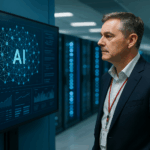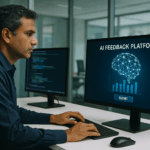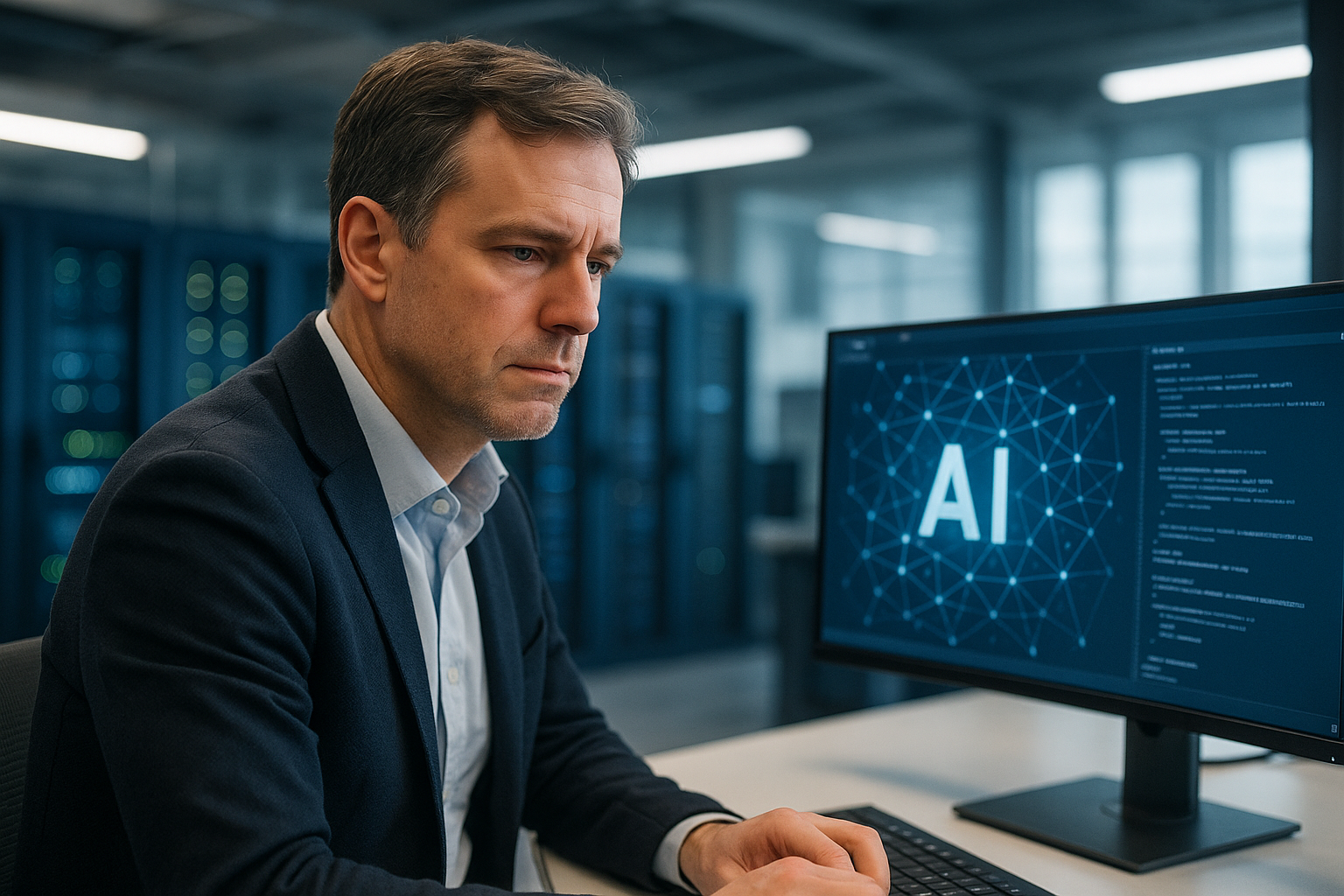A recent press release from Issue One has unveiled significant findings regarding the financial activities of major pharmaceutical companies, including **Eli Lilly**, **Merck**, and **Pfizer**. According to tax filings, these companies utilize their trade association, the **Pharmaceutical Research and Manufacturers of America** (**PhRMA**), to funnel substantial contributions to **dark money** groups that support Republican candidates. This revelation underscores the intricate and often opaque financial channels that influence political landscapes.
“One of the largest contributions detailed in the new filing is $4 million given to the **American Action Network**, a dark money group aligned with House Republican leadership that has spent significant sums over the years to bolster House Republican candidates.”
Tax records analyzed by Issue One indicate that between 2019 and 2024, PhRMA abstained from contributing to the two largest dark money groups on the Democratic side, even while providing funds to candidates and political organizations across both political parties. This selective funding raises questions about the motivations behind such financial decisions and the potential impact on policy and regulation within the pharmaceutical sector.
AI’s Role in Political Dynamics
As political financing becomes increasingly complex, the role of **artificial intelligence** (AI) in shaping governance and public discourse is also evolving. In their forthcoming book, **Rewiring Democracy: How AI Will Transform Our Politics, Government, and Citizenship**, authors **Bruce Schneier** and **Nathan E. Sanders** delve into how AI will redefine democratic processes and governance structures. They argue that the implications of AI extend far beyond the sensationalized narratives surrounding misinformation and political deepfakes.
“AI’s impact on democracy will go far beyond headline-grabbing political deepfakes and automated misinformation. Everywhere it will be used, it will create risks and opportunities to shake up long-standing power structures.”
Schneier and Sanders highlight that as AI systems become more sophisticated, lawmakers are expected to demand increasingly intricate legislation, which may shift the balance of power between legislative bodies and the executive branch. This transformation could empower civil servants to enforce regulations more effectively, thereby altering the landscape of regulatory compliance in the private sector.
Broader Implications for Democracy
The examination of AI’s role in government also intersects with concerns about democracy’s health. Recent discussions among **democracy scholars** have broadened to include issues such as electoral fairness and the treatment of non-citizens. A stark illustration of this dynamic can be seen in the experiences of individuals detained by **ICE** despite having followed legal protocols, revealing deeper issues regarding the state of rule of law in the United States.
As political realities evolve, it becomes vital for scholars and policymakers to consider how these changes reflect broader societal values. The intersection of AI, political financing, and governance underscores the complex web of influences that shape public policy and the electoral process.
In a related development, media accounts have surfaced regarding the influence of **big money** in local politics, particularly in New York City. During the recent mayoral campaign, candidate **Curtis Sliwa** claimed that he was offered $10 million by unnamed billionaire donors to withdraw from the race and facilitate Andrew Cuomo’s candidacy, illustrating the extent to which financial incentives can influence political dynamics.
“I keep referring to him as a Prince of Darkness, that’s a clue. I know how he operated. I used to deal with the Democrats, and they were in fear and fright of Andrew.”
While Time reported on Sliwa’s assertions, the account remains unverified. Nonetheless, such narratives highlight the ongoing discourse about the role of finance in politics and its potential to distort democratic processes.
As we navigate these intersecting domains of finance, politics, and technology, it becomes clear that the implications of AI extend beyond mere technological advancements; they affect the very fabric of democratic governance and civic responsibility.
See also Paul McCartney Protests UK AI Copyright Stance with ‘Silent’ Track on New Album
Paul McCartney Protests UK AI Copyright Stance with ‘Silent’ Track on New Album Welsh Government Launches AI Plan to Boost Public Services and Economic Growth
Welsh Government Launches AI Plan to Boost Public Services and Economic Growth Paul McCartney, Sam Fender, Kate Bush Join AI Protest Album, Urging Copyright Protections
Paul McCartney, Sam Fender, Kate Bush Join AI Protest Album, Urging Copyright Protections ALX, Anthropic, and Rwanda Launch AI Companion Chidi to Transform Education Across Africa
ALX, Anthropic, and Rwanda Launch AI Companion Chidi to Transform Education Across Africa Govt Excludes 2 Crore Ineligible Beneficiaries from PMGKAY, Launches AI Feedback Platform
Govt Excludes 2 Crore Ineligible Beneficiaries from PMGKAY, Launches AI Feedback Platform





































































